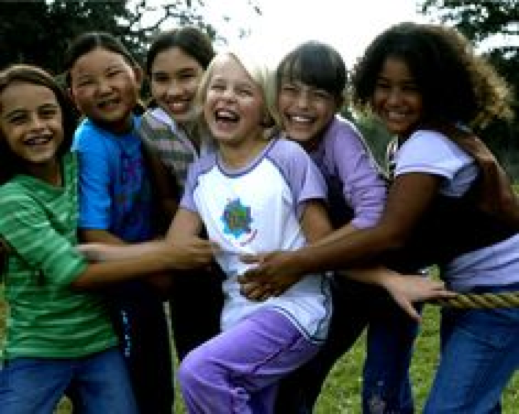What is a special family activity that can become a regular event? Try a family movie night! Since it is a night for movies for kids of all ages, be sure to find appropriate ones for all tastes. Here are some helpful tips.
Research what movies would be good for all age groups. There are many websites that list family friendly movies so review the selections. I have links to some of those websites below.
Negotiate with your family members what movie will be seen on a specific day. Since sibling rivalries are almost certain to happen, prepare a method of selecting a movie that will be fair to all. Also, because children are watching, adults erroneously believe that only kiddy or cartoon type movies would be appropriate (and often boring). However, there are many types of movies that would be acceptable to both adults and children. Take the time to read up about them.
Be sensitive about the themes of the movies and the impact on a child. For example, I never enjoyed “scary” movies as a child (and still don’t).
Make it feel more authentic by having some theater-type snacks for movie night. Popcorn, of course, is a ubiquitous treat, but there are many others such as nachos and hot dogs. Perhaps add candy bars. The selections are up to you.
Talk with your children about the movie after it ends. What were their favorite characters and why? What did they think about the way the movie ended? There are many questions that you can ask to stir their imagination and help them express their thoughts.
For more information, please visit:






